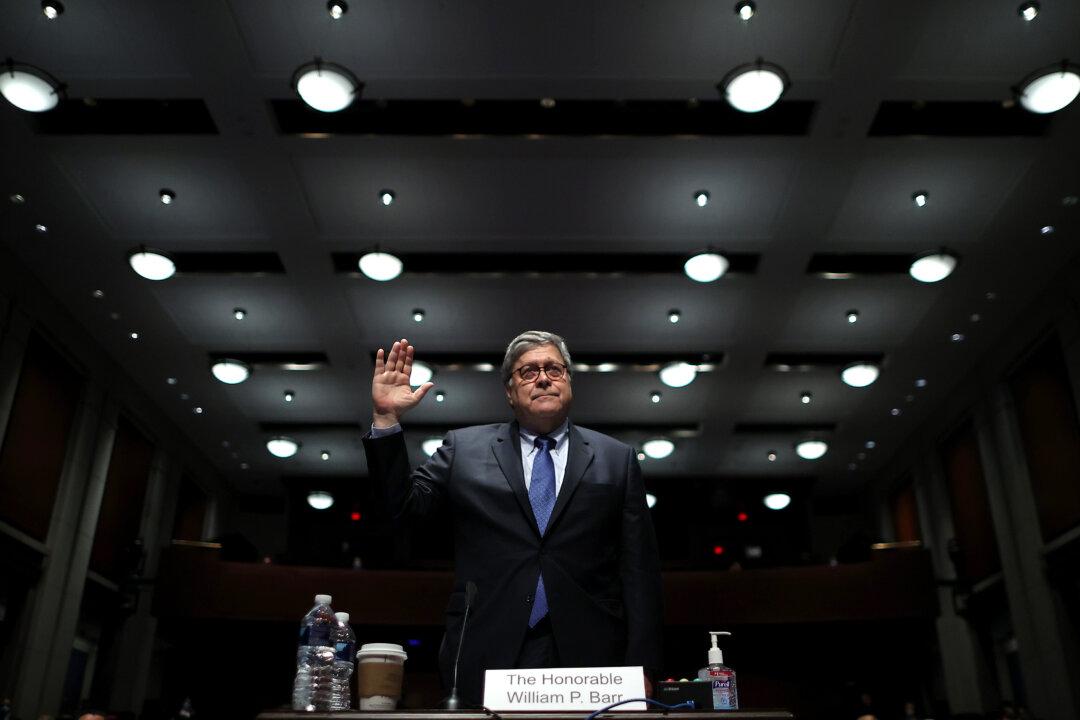Attorney General William Barr defended the actions of federal law enforcement and some of his own decisions as he faced hours of questions, criticism, and accusations from Democrats on the House Judiciary Committee on July 28.
In Barr’s first appearance before the panel since President Donald Trump appointed him to lead the Department of Justice (DOJ), the Democrats focused significant attention on the role of federal agents in quelling riots that have plagued Portland, Oregon, and other cities. They also questioned Barr’s decisions in prosecutions involving former Trump advisers Michael Flynn and Roger Stone.





